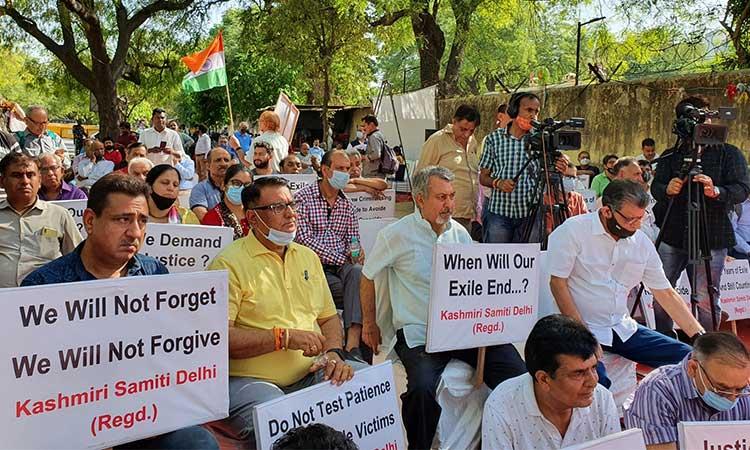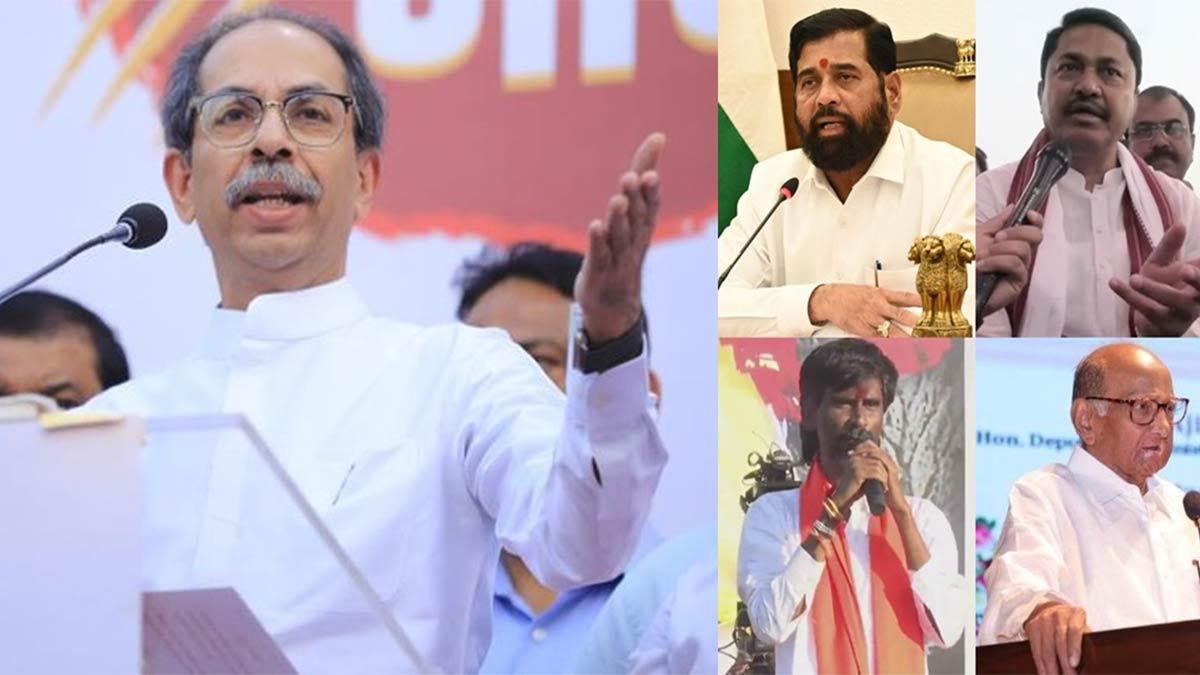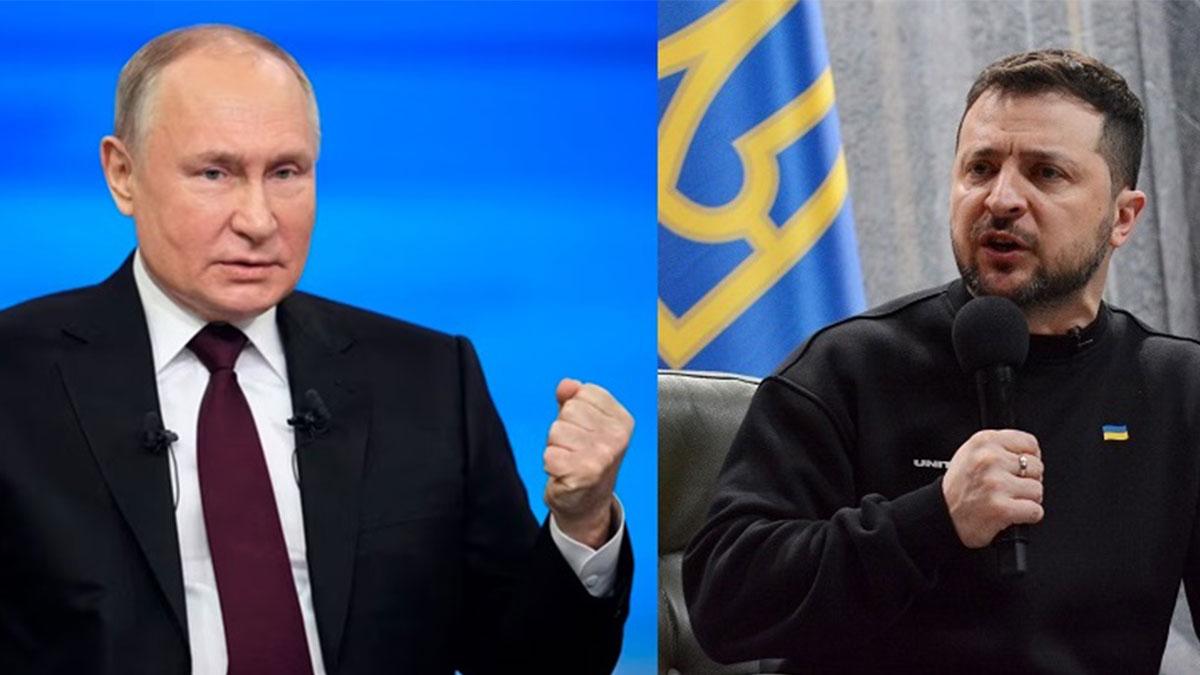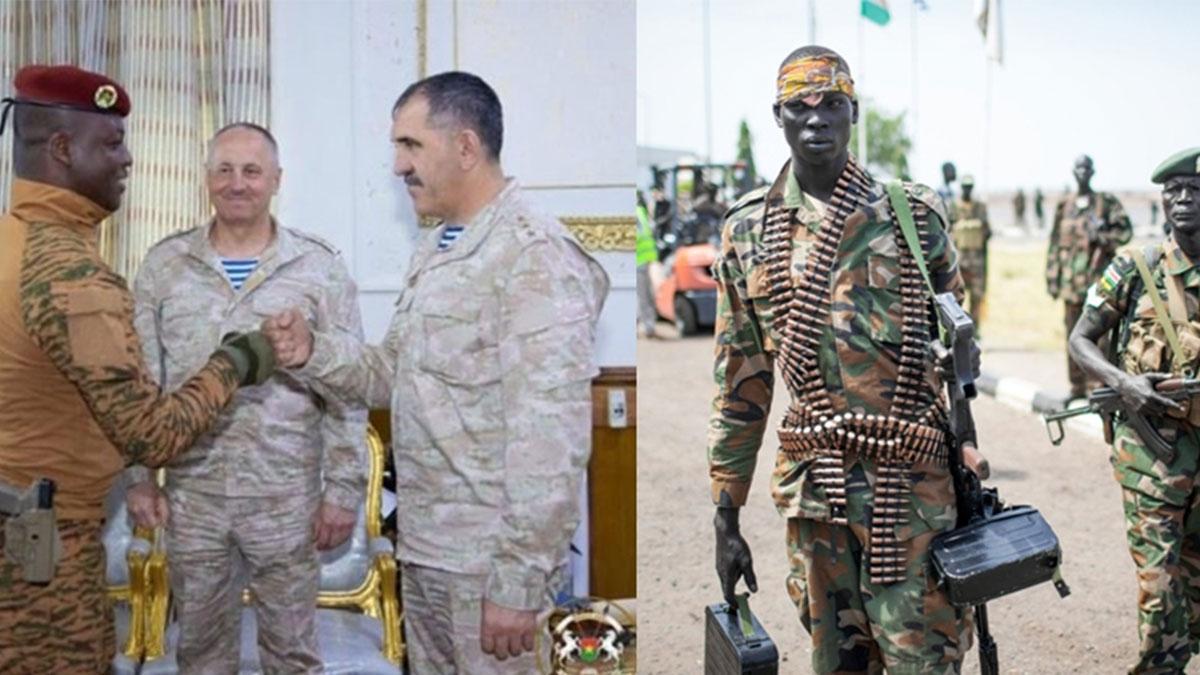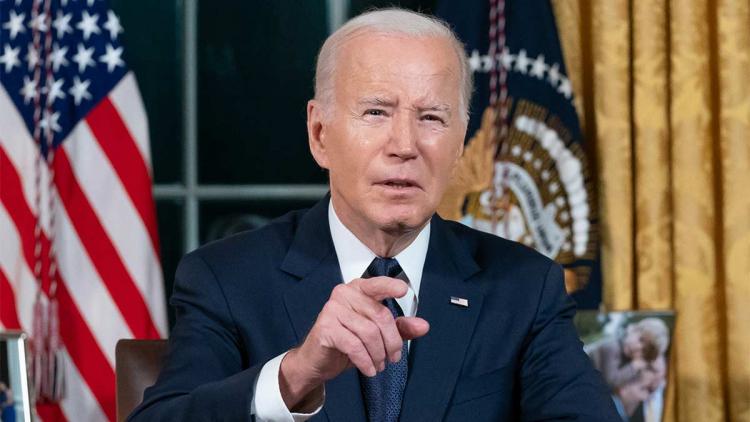For a community that faced a forced exodus from Kashmir three decades ago, the loss of being a consolidated vote bank has equally harmed them.
Getting uprooted from their home saw Kashmiri Pandits (KP) finding refuge all over the country and outside also, which has disconnected many from the electoral system of Jammu and Kashmir.
A consolidated vote bank no more, the community sees its plight become a tool for political parties to cash on.
The Kashmiri Pandit community was 2.5 per cent of the population in Kashmir before 1990 when the forced exodus happened. They were mainly concentrated in Srinagar with Habba Kadal being the only constituency where they dominated in the valley.
In the rest of the valley, be it the villages or towns the community existed in pockets but they did have electoral strength. And all the parties that came to power in erstwhile J&K state had representations from the community with some even making it to the cabinet.
Also read | Killing of Kashmiri Pandits, SC allows NGO to approach Centre
All this changed in 1990. The scattered community has lost even the minimal say it had in electoral politics.
After displacement, the maximum number of Kashmiri Pandits settled in Jammu. Over 40,000-50,000 are living in Jammu followed by around 25,000-30,000 in Delhi-NCR and the rest in Bengaluru, Pune, Mumbai and other cities.
Even the large number that are in Jammu do not form a consolidated vote bank for any party. Each of the KP voters is registered at the constituency where he originated in Kashmir.
The voter has to consider the candidate who is standing in his home constituency, who in turn is least interested in the welfare of the far away voter.
In Jammu, as many as 4,000 families live in the Jagti Migrant Camp, but they do not form any consolidated vote bank. Since the electors are registered in their places of origin in Kashmir, Jagti camp does not form a one-place or one-community vote bank for any particular party.
It is here that the community feels the loss. In the present electoral system, the power of a vote bank matters a lot, but Kashmiri Pandits have lost it.
Even though the Election Commission does make arrangements for polling booths in the migrant camps in Jammu and one in Delhi, the community as a whole is unable to exercise their franchise.
Many of the displaced members, especially those born after migration, have not been able to register themselves as voters in Kashmir. This has further dwindled their numbers thereby affecting their electoral strength.
Though the scattered beleaguered community does not constitute a vote bank for any particular party, their plight is a tool to whip up passions for some.
The BJP has been one of the parties that has been highlighting their case in every election. It advocated 'the return of Kashmiri Pandits to the land of their ancestors with full dignity, security and assured livelihood' in its 2014 election manifesto and the safe return of Kashmiri Pandits' as a part of its 2019 election manifesto.
But in the eight years of being in power at the Centre, the party has failed to come out with a concrete plan regarding their return and rehabilitation.
The National Conference, which was in power when the maximum violence took place against the community in Kashmir in the late 1980s, talks about the return and rehabilitation of Kashmiri Pandits in its manifesto. But it has not done anything during the time it was in power in erstwhile J&K state in the 1990s and the 2000s.
The Peoples Democratic Party (PDP) in its manifesto has said "that they will be reintegrated and absorbed in the Kashmiri milieu ... Reintegration has to be a process that must start within the state as well as the civil society. Return with dignity will be based on a legal framework of citizenship and their rights as the state subject."
But again, it took no steps when it was in power.
The Congress manifesto does not make any mention about the Kashmiri Pandits, even though Rahul Gandhi regards himself as one from the community. When the Pandits were living in Kashmir, they were regarded as traditional voters of the Congress.
But now, it is the same party that does not mention anything about their return and rehabilitation in the valley. The community, however, is all praise for former Prime Minister Manmohan Singh who got the housing camps built and the jobs under the PM Package set.
All other parties that are in the UT at times express sympathy for the community, but have nothing concrete for their return and rehabilitation.
The parties in Kashmir have not even come out strongly against the targeted killings of KP members. After the exodus, around 800 KP families continued to live in their homes in Kashmir. None of the political parties have taken a stand for them.
"For three decades we've been denied our basic democratic rights," says Satish Mahaldar, Chairman, JK Peace Forum. "We cannot go to Kashmir. Where else do we cast our vote. The government should think about it. We have a sizeable number and if we are allowed online voting a huge number will come forth."
The community demands that the Election Commission launch a special drive for the displaced community to enlist in the Kashmir voter list, especially for the youngsters.
"If this happens all controversies about our numbers will also end. Those who have been propagating that we are only a few thousands will come to know that we are in lakhs," Mahaldar points out.
Dr Ramesh Raina, President, All India Kashmiri Samaj says, "Numbers do matter, but in our case KP voices have played an important role in advocacy matters. KPs matter as they can influence the electoral agenda of the place."
Also read | Owaisi slams Centre over targeted killings of Kashmiri Pandits
The polls, as and when held, will have to be contested under the changes recommended by the Delimitation Commission, including enrolment of domiciles instead of state subjects, voting rights to non-resident Kashmiris all these suggestions have been welcomed by Kashmiri Pandits and their organisations. These points will become major political issues with KPs as its prime advocacy group.
The Delimitation Commission had recommended representation for Kashmiri Pandits by way of nomination in the Jammu and Kashmir Assembly, but so far nothing concrete has happened to actualise the suggestion. The community is banking on the Narendra Modi-led government helping the community to get a representational seat in the J&K Assembly.
Lakhs of Kashmiri Pandits have lost their homes, land and a say in the electoral process of the UT. Their miniscule number may not fetch them the benefits vote banks get, but their relevance in Kashmir politics cannot be ignored.

